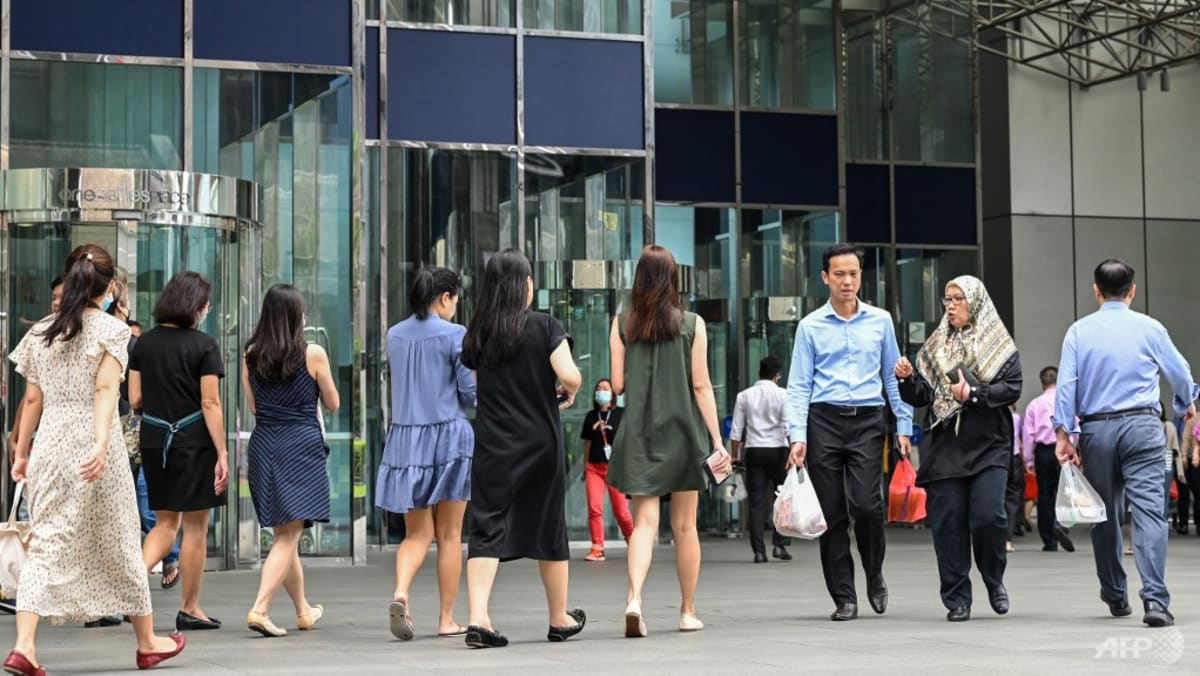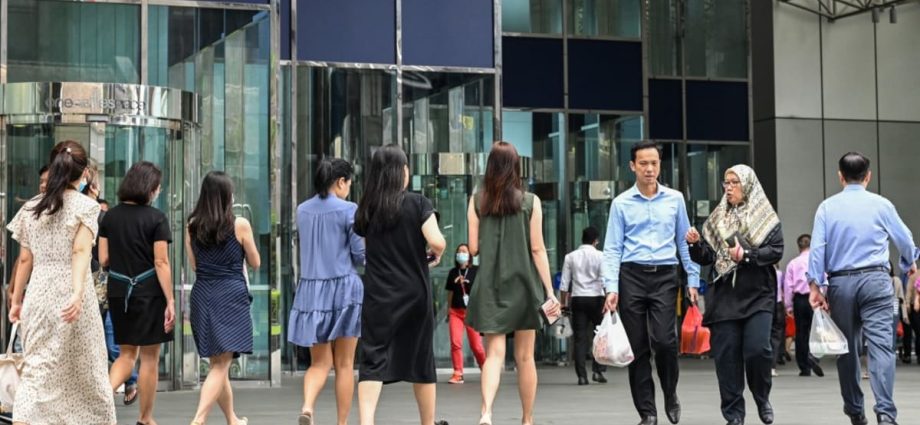
MONTHLY TRAINING ALLOWANCES
Those who enrol in selected full-time courses will also receive monthly training allowances equivalent to 50 per cent of their average income over the most recent available 12-month period, capped at S$3,000 a month.
This means that if a person has not received any income in the past year, they will not qualify for the training allowance.
Addressing members of parliament who asked whether caregivers, or those who have been unemployed for a long time will qualify for the training allowance, Mr Chan also confirmed that they will not be eligible.
This is because the allowance is meant to support workers who experience income loss when they commit to full-time training, he added, noting that these individuals can still make use of the S$4,000 in credits.
From early 2025, Singaporeans can receive up to 24 months of training allowance throughout their lifetime, which can cover the full duration of a SkillsFuture career transition programme and more than half the duration of most qualifications issued by institutes of higher learning.
The training allowance is designed to cushion income loss when taking courses, said MOE, noting that workers may need to spend a significant time away from work to attend a serious, longer-term course.
The allowance will be available to those taking courses under the full-time SkillsFuture career transition programme.
Those taking full-time, full qualification programmes up to the undergraduate degree level offered by institutes of higher learning, and full-time MOE-subsidised full qualification programmes offered by University of the Arts Singapore and arts institutions can also benefit.
Course fees are not the only constraint when it comes to upskilling, Mr Chan said, noting that workers may have other financial commitments and concerns.
“It could be difficult to take time off work to upskill, and to lose income during the training period.”
The overall parameters of the training allowance scheme reflect MOE’s considered approach, said Mr Chan.
The supported courses are chosen to facilitate placement and entry into good jobs, while the duration of support will cover more than one bout of full-time upgrading via a SkillsFuture career transition programme or at least half the time needed for a full qualification, he added.
The amount of support also provides enough coverage for the median mid-career worker, while preserving the incentive to return to work, said the Education Minister.

